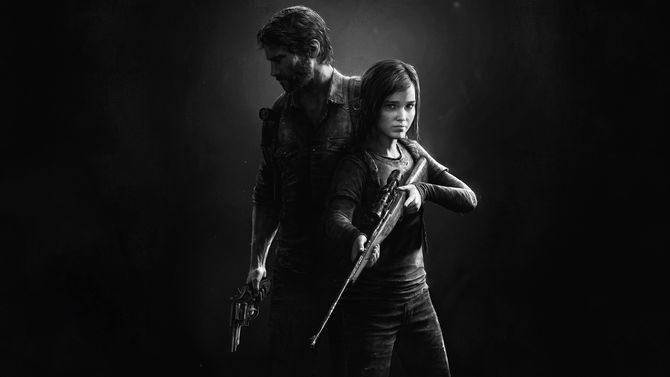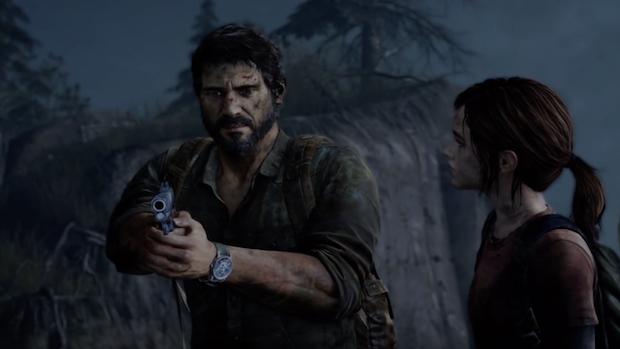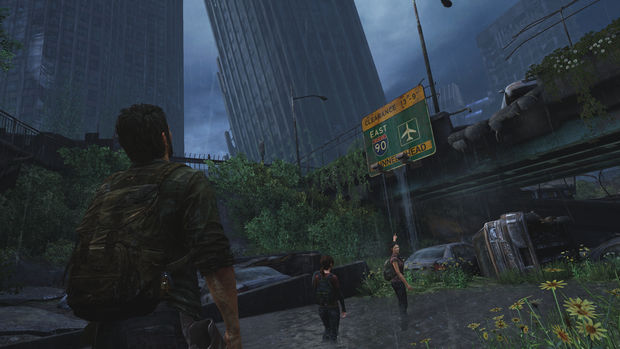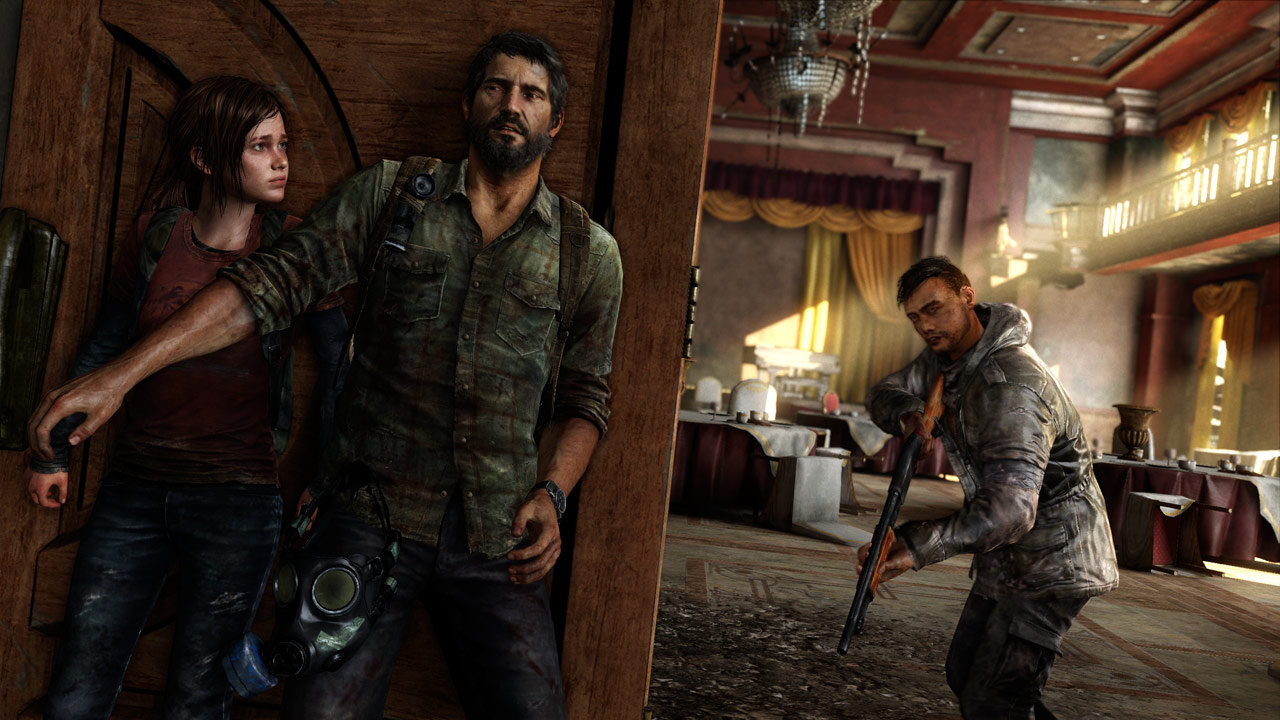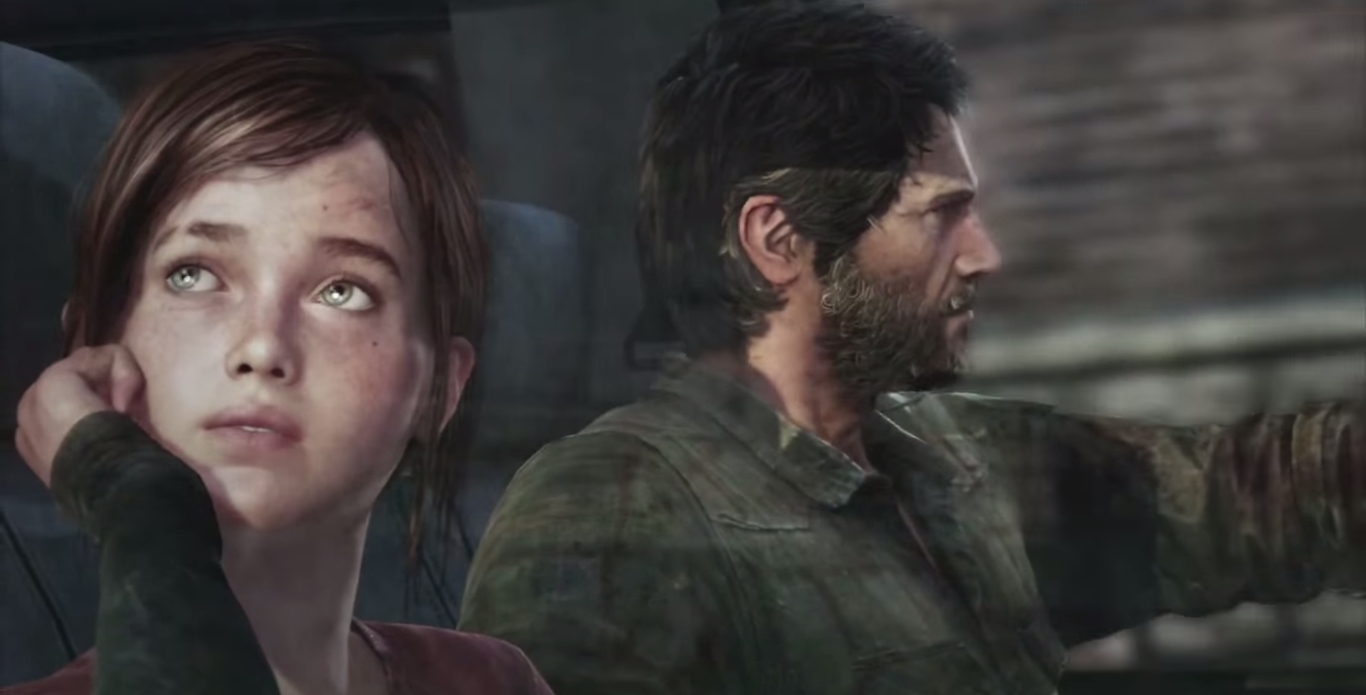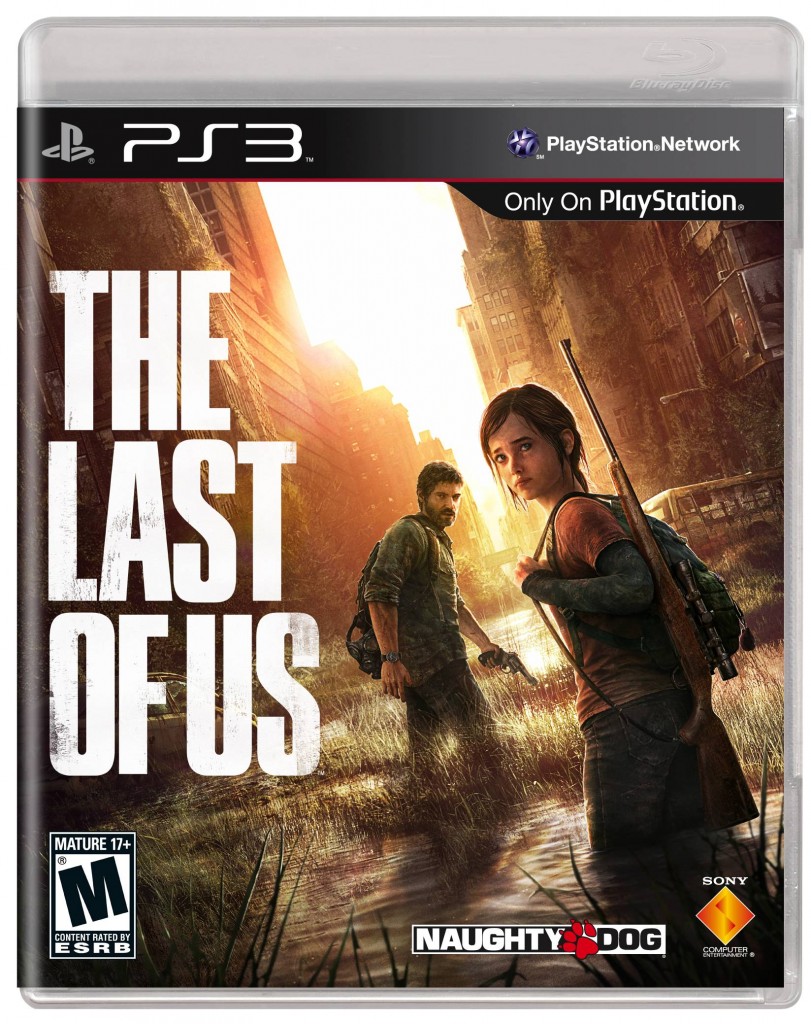
Throughout the history of this industry, there are very few games that can claim to have changed the way we look at this medium, to have defined so much of what games that come after them do. And by the simple logic of diminishing returns, as time goes on and the medium continues to progress, such games continue to become even more of a rarity. Naughty Dog’s 2013 masterpiece The Last of Us, however, is surely one such game. Widely recognized as a standout achievement in storytelling, there have been countless games since its launch that have tried to emulate – to varying degrees of success – what it did.
But what exactly was it that made The Last of Us so good? Obviously it wasn’t the first cinematic narrative-driven game we ever played- far from it. Before it released, we had had excellent high budget cinematic titles- Naughty Dog’s own Uncharted 2: Among Thieves – which launched just four years before The Last of Us did – is one such example. And it’s not like we didn’t have games that put story and storytelling first before we got The Last of Us either- just look at Metal Gear Solid, or Mass Effect, or dozens of other excellent narrative-focused games that came out before The Last of Us did. It’s evident that the Naughty Dog title didn’t break new ground in the things it attempted- so why is it that it is widely held as a watershed moment for the video games industry? Clearly, it wasn’t about what The Last of Us accomplished that endeared it to millions of people- it was about how it accomplished those things.
And the how of it is the genius that drives the game, and what Naughty Dog deserves so much credit for. As the launch of The Last of Us’ sequel approaches, I’m sure we’ve all been reminiscing about the game that started it all, and thinking about how damn good it was, and why it was that good. I certainly have been. And what I have been able to narrow it all down to is three key elements- three key elements that define every second of the entire experience, that constantly work in conjunction with each other to deliver one of the most engaging video game experiences of the last decade.
The first of those three elements is focus.
“Player engagement” is something that has come to define the development philosophy of so many studios in the last few years. Multiplayer titles with their seasonal content and their live service models, open world titles with massive maps and a bevy of content to dive into, or even more linear titles that might not have open world maps, but can still go on for dozens and dozens of hours- it’s very hard to find games these days that have the laser sharp focus that The Last of Us did. Don’t get me wrong- I absolutely love open world games, and you won’t find me complaining about getting a game with 80 hours of content in return for my $60. But with The Last of Us, Naughty Dog prioritized quality over quantity.
It was by no means a short game – and sure, it had a multiplayer component – but the reason the game sticks with us even six years on from its launch is just how drop-dead amazing every single moment was in its 15 hour runtime. The Last of Us was a game that knew exactly what it wanted to do, knew exactly the story it wanted to tell and how it wanted to tell it, and it wasted absolutely no time doing those things. It was a game with a defined beginning, middle, and end, and rather than being beholden to padding its runtime or feeling the need to make its online component more attractive to audiences, it instead chose to focus on Joel, Ellie, and their heart-wrenching story (side note: the multiplayer was still really good).
Being set in the backdrop of a zombie apocalypse – one of the most overused settings across all entertainment media – The Last of Us could have easily turned into a generic story with no identity of its own. There is no shortage of games, books, or films that go over the same tired old tropes of post-apocalypse settings. And it’s not like The Last of Us doesn’t tackle a lot of the same themes as stories with similar settings- but Naughty Dog chose to focus all their storytelling on Joel and Ellie, and nothing else. Joel and Ellie were the stars of the show, and everything else was ancillary. Other major characters, antagonistic forces, the harsh environments of the post-apocalypse, even the Infected themselves- all of it was incidental, and existed in service to Joel and Ellie, rather than it being the other way around. And though The Last of Us touched upon a lot of themes and plotpoints that you might find in something like, say, The Walking Dead, all of it was siphoned through Joel and Ellie, and all of it happened and was shown so that those two characters – and the relationship between them – could be developed further.
Naughty Dog poured their heart and soul into making the game they wanted to make, and they were rewarded for it. Critics and audiences recognized the strengths of The Last of Us’ narrative and its storytelling chops, and thanks to that excellent reception, the game also sold gangbusters. Sure, being stamped with Naughty Dog’s name definitely helped with sales, but there is no way the game could have sold as well as it did for such a prolonged period of time if it wasn’t actually worth buying.
But Naughty Dog also deserve credit for the way they went about implementing their laser-sharp vision for the game and what kind of an experience they wanted it to be. Having a focused story that hits all the right beats at all the right moments is incredibly important, but just as important is knowing how to hit those beats. All too often we see games coming out guns blazing with excessively on-the-nose writing and soapbox storytelling, and an excess of exposition.
That brings me to the second of the three key elements that define The Last of Us’ genius: restraint.
“Show, don’t tell” isn’t a philosophy that narrative-driven games follow all too often. When characters are feeling something, they say it. When the story is looking to tackle certain themes or make certain statements, it makes it all abundantly clear with clumsy exposition. Too often we come across stories that fall victim to these issues. That, however, doesn’t hold true for The Last of Us.
When Joel and Ellie are looking at the giraffes, the two of them don’t start talking about the beauty of life and nature even in this harsh and brutal post-apocalypse. That much is abundantly apparent in the entire sequence – which lasts just the right amount of time. To show us how much the double whammy of his daughter’s death and having had to turn into a merciless survivor has hardened Joel, the game doesn’t feel the need to have Joel deliver a monologue about his history- his demeanour and mannerisms are enough to sell the audiences on how he has changed. To show us that Joel has started seeing Ellie as a surrogate for the daughter he lost, we don’t get an on-the-nose conversation between, say, him and his brother where they talk about how that is what is happening.
The Last of Us respected its audiences enough to know that we’d pick up on all that stuff if the writing was good enough to show it effectively. The game was defined by an impressive subtlety and sense of restraint in how it told its story, and it was all the more effective because of it. It knew that it didn’t need to hammer the point – any point – home. A zombie apocalypse is a setting that inherently lends itself to over-the-top flair and self-indulgent exposition, but The Last of Us chose to be more understated, more grounded- and it proved to be a deadly combination.
And now we come to the third key element that makes The Last of Us so damn good. But though the first two elements we’ve spoken about – focus and restraint – are mostly about writing and storytelling, the third is about gameplay. It is a game, after all. The vast, vast majority of conversations about The Last of Us since its release have been dominated by acclaim for its characters and its story- and for good reason. We don’t need to go over how good those things are (again). In fact, the vast, vast majority of this editorial so far has also been dominated by a discussion of those things. But I think the gameplay aspects of The Last of Us often end up being overlooked in such conversations, and unfairly so.
When it comes to how it plays, The Last of Us was by no means exceptional. It didn’t have an intricate web of deep mechanics. It wasn’t a game that has dozens of systems working together in conjunction at any given time. It even had some pretty noticeable flaws, like its inconsistent AI during stealth sections, and more “push the crate” puzzles than one would like. Viewed on its own, The Last of Us’ gameplay doesn’t stand out.
But like with anything else in the game, its moment-to-moment action stood out because of how well it complemented the vision of the game. With its smart encounter design, which made excellent use of resource management and a solid mixture of action and stealth, The Last of Us was a master of creating tension. Regardless of whether you were fighting against bands of bandits or large swarms of the Infected, the game always knew how to make you sweat, how to make you think, how to make you stay on the edge of your seat.
More importantly, even in gameplay, The Last of Us exhibited those two key qualities that we’ve gone over- focus and restraint. Its gameplay was characterized by a handful of mechanics and systems, neither of which were endlessly deep, but the game always knew how to keep mixing them up, how to implement them just when they needed to be implemented, and how to keep finding new ways to implement it. A lot of that was down to how the game contextualized these scenarios against the story and its progression- and that brings me back to how this started. Its story was something that The Last of Us was singularly and admirably focused on.
Soon – hopefully within the next half a year or so – we’ll be playing The Last of Us Part 2, and the first game was such a “lighting in a bottle” moment that it’s hard not to wonder whether its sequel will be able to recapture that same magic. Will it retain that same clarity of vision? Will it hold true to that same mantra of being lean and mean and avoiding bloat like the plague? If there’s one thing that gives me confidence that it’ll be yet another phenomenal experience, it’s my trust in Naughty Dog, a sentiment that I’m sure millions share with me.








